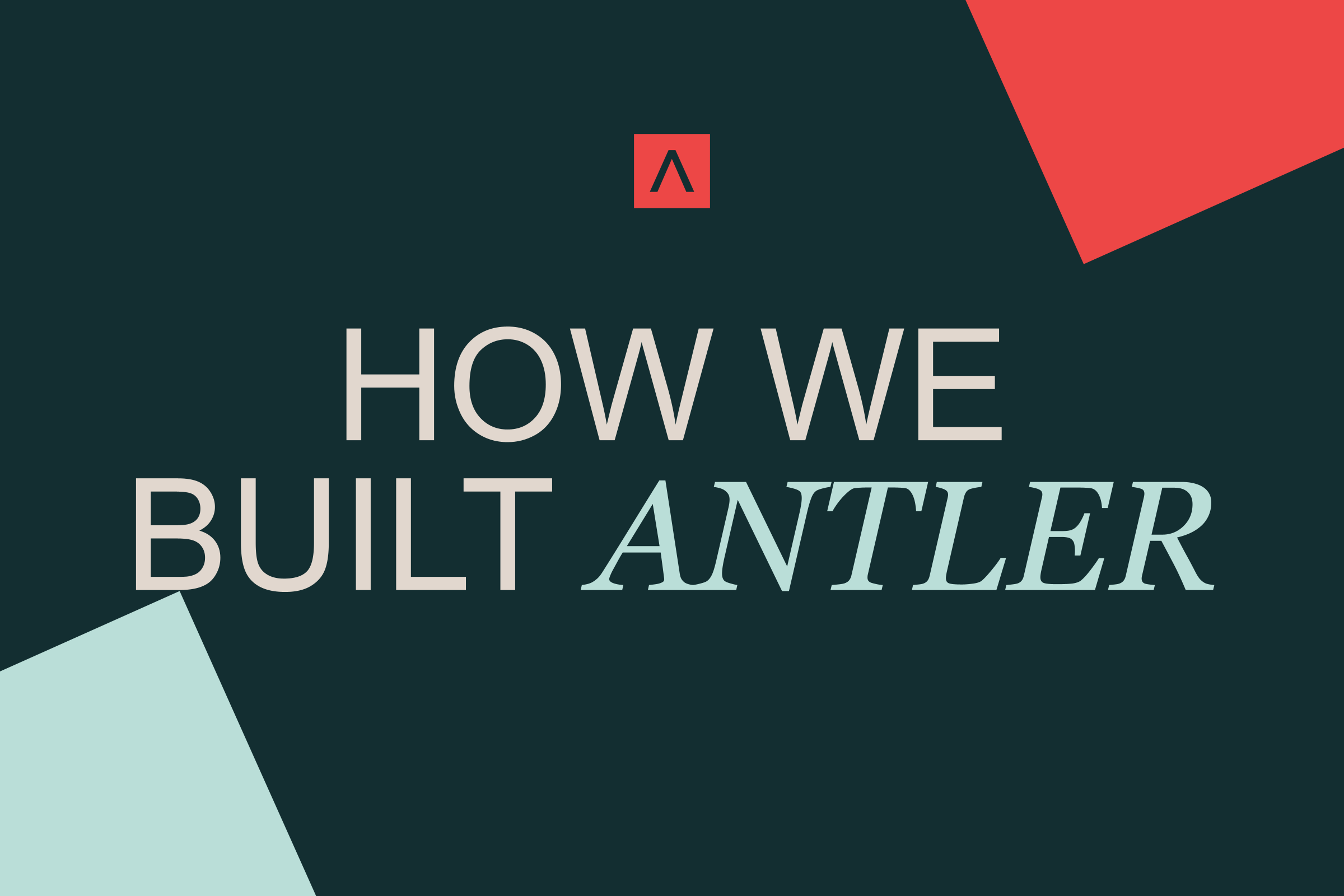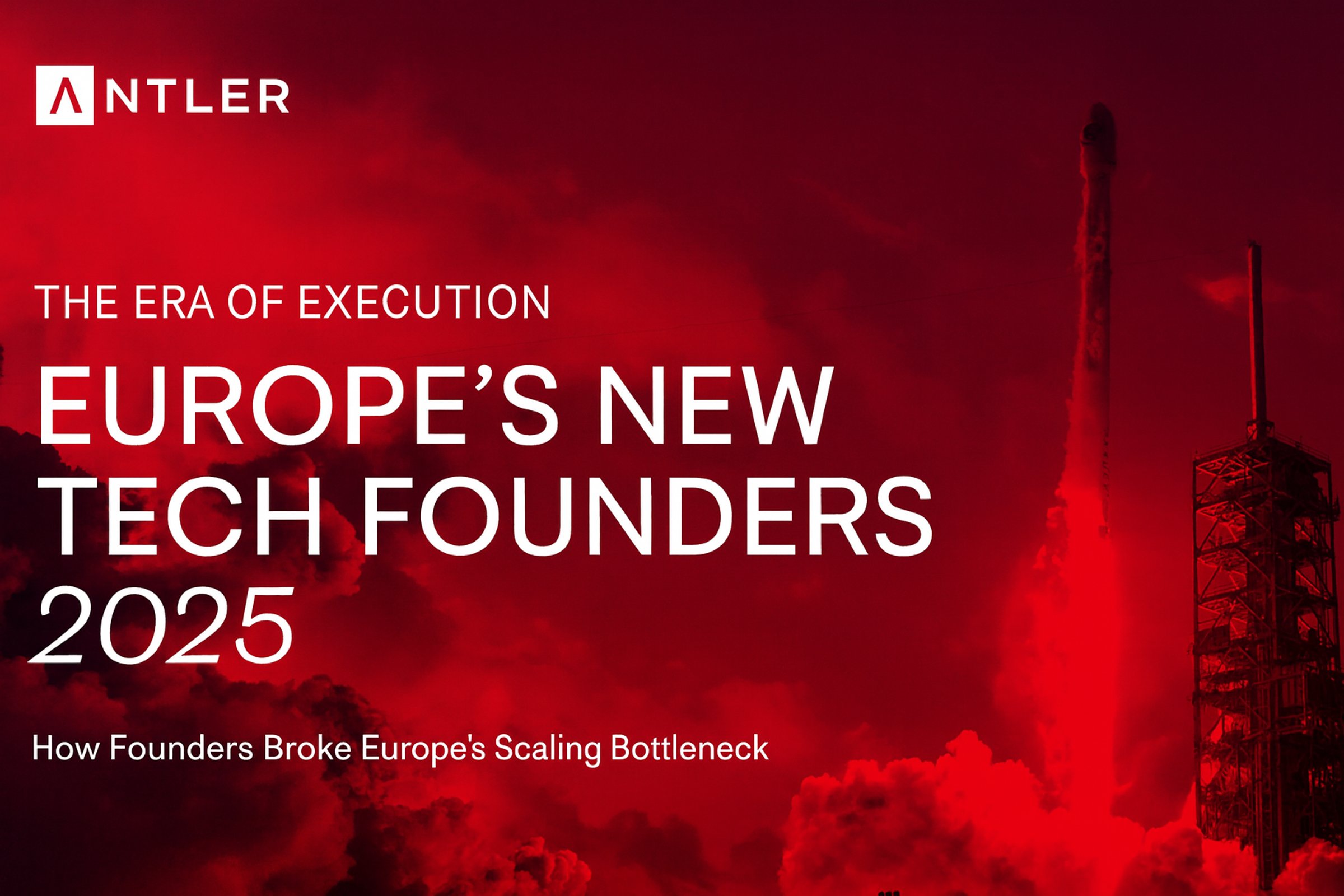It looks something like this:
“If I could build a platform that does XYZ for my customers then I would have all of this data and could do all these cool and profitable things with that data.”
There isn’t inherently anything wrong with this thinking. Where I tend to see problems is focusing too much on the downstream opportunities and not enough on the primary problem that needs to be solved in order to get access to those downstream opportunities.
This manifests in two ways:
First, you tend to focus too much on validating demand from the customers for the downstream opportunities and not customers for the primary problem.
Second, you tend to focus too much on pitching your idea internally and externally as the downstream opportunities vs. focusing on solving the primary problem.
Both of these tendencies are bad for startups. Mostly because they pull you off the critical path, which is solving the primary problem with the primary customers. This thinking also tends to assume that the primary problem is a lot easier to solve than it probably is.
Here is an example of myself falling into this trap with an idea I think about a lot:
I think there is a massive opportunity to tokenize the cap tables of startups. Instead of PDF contracts and excel tables you have all the ownership, preferences, etc. on chain perfectly transparent to everyone and settled automatically based on triggering events.
Whenever I think about this idea my mind tends to wander to the opportunities you would have if you were able to create widespread adoption of tokenized cap tables. You would have immense amount of data on private market transactions, you could market-make secondaries for investors, you could automate security compliance for Founders, etc. etc. The list of secondary opportunities goes on and on. These are all very exciting to me and I see huge dollar signs fly around the room whenever I think about them.
The problem is, none of these are real opportunities unless there is first widespread adoption of tokenization from Founders and Investors alike. Getting to a point of adoption where any of these secondary opportunities are even viable would take years of exceptional execution of the primary problem, with the primary customers.
If I were even harder on myself — thinking about any of the secondary opportunities is a complete waste of time. The only thing that actually matters with this idea is do Founders and Investors want to tokenize their cap tables? can I build a solution to do so? and will they buy it? Thinking about anything else is non-critical path.
So my takeaway is this. Whenever you are thinking about a new idea, hold yourself accountable to focusing on the primary problem and primary customers only. That is and will always be the critical path. What is possible downstream is an academic exercise at best, a dangerous distraction at worst.







.png)

